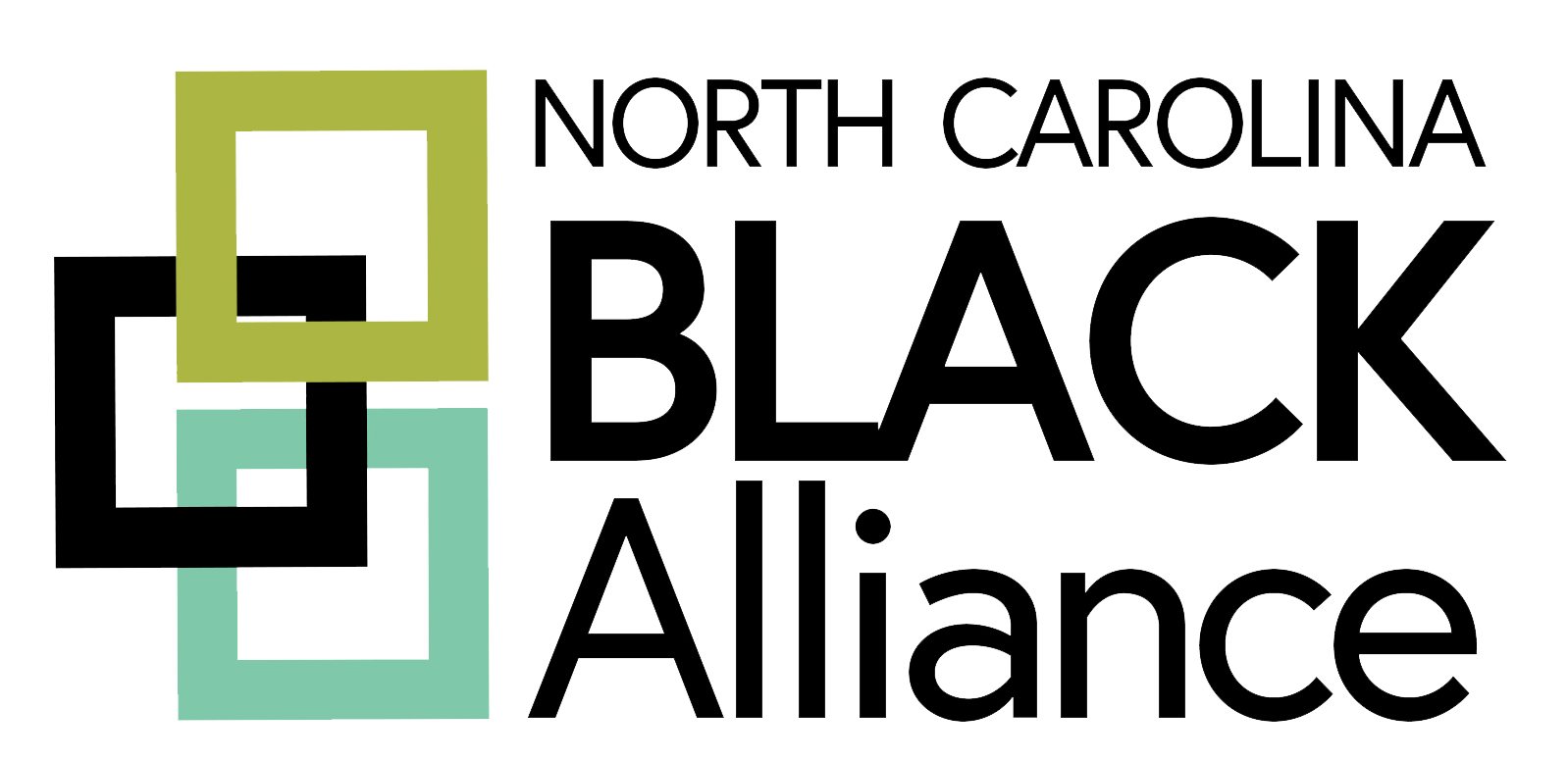NC House Advances Bill to Hold PFAS Polluters Accountable for Cleanup Costs
On Tuesday, June 11, the NC House Environment Committee voted to move forward with a bill requiring PFAS polluters to pay for their pollution clean-up. PFAS, or forever chemicals, are found in numerous waterways across the state and are linked to major health problems, including thyroid, reproductive issues, and even cancer due to their toxicity and lack of ability to easily break down in nature. Manufacturing companies like Chemours and Dupont are responsible for our current PFAS pollution situation in over 50 waterways statewide, such as the Cape Fear River, which affects over 3 million residents statewide.
According to the bill, the Secretary of Environmental Quality may order PFAS manufacturers to filter out this pollutant and pay a public water system any “actual and necessary cost to remove, correct, or abate” any adverse effects on the water supply from contamination (Part 1, Section 1B of HB 864). Though not confirmed, this may also have the potential to increase water bills to cover the cost of the burden already put on residents by the pollution in the first place. This bill must pass votes through the full NC House and Senate before it could take effect from Governor Cooper’s signature, yet it would mark an impactful win for environmental justice.
“The alignment between the North Carolina House Environment Committee’s decision and the EPA’s stance on holding polluters accountable for cleanup costs is promising. It signifies a unified effort at both the state and federal levels to prioritize public health and environmental conservation. By adopting the “polluter pays” principle, both entities are sending a clear message to industries that they must take responsibility for the environmental consequences of their actions. This coordinated approach enhances the effectiveness of environmental regulations and underscores the importance of corporate accountability in safeguarding communities from harmful pollutants like PFAS,” said Chad Martin, EJ policy strategist. Hopefully, this is the first of many steps to ensure a clean, safe, and healthy environment for all North Carolinians.
